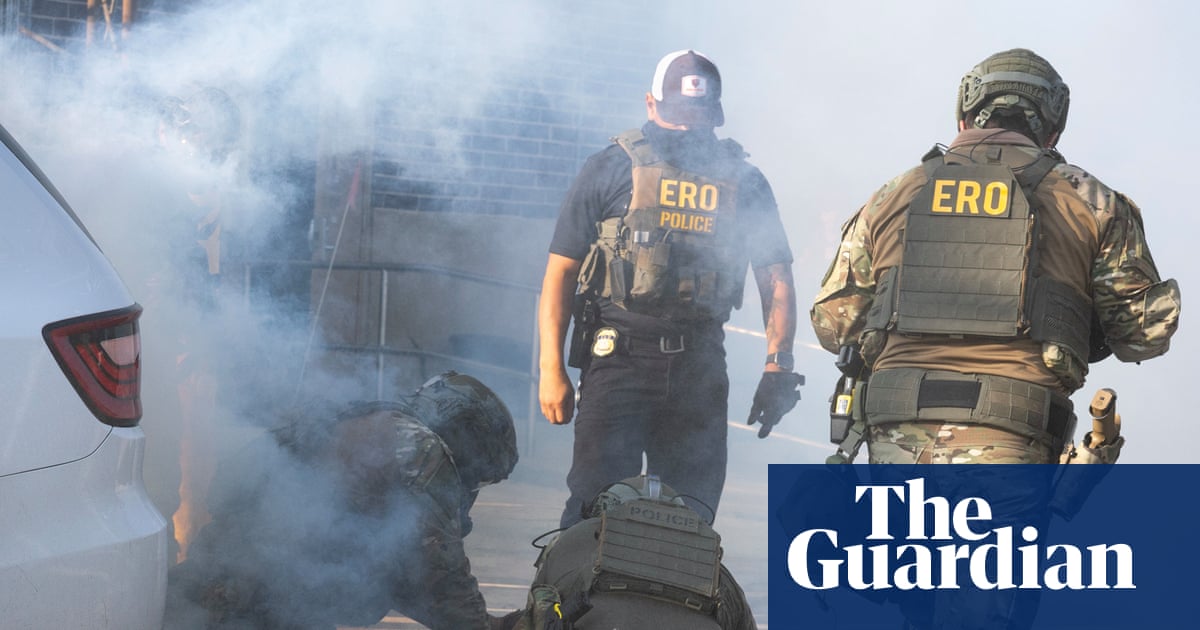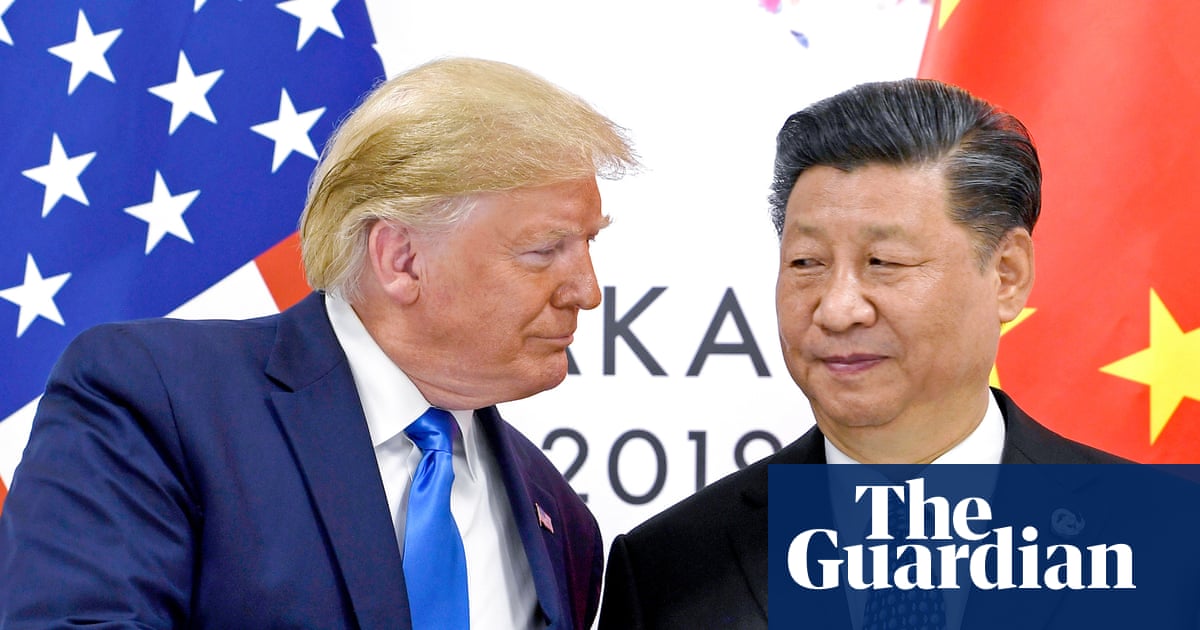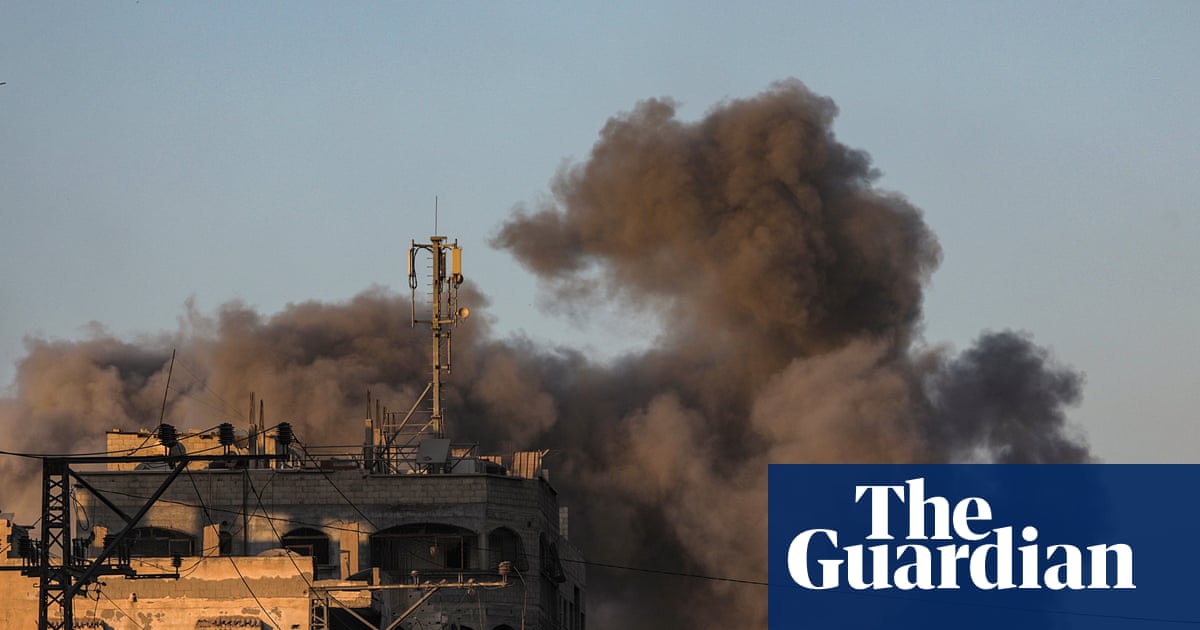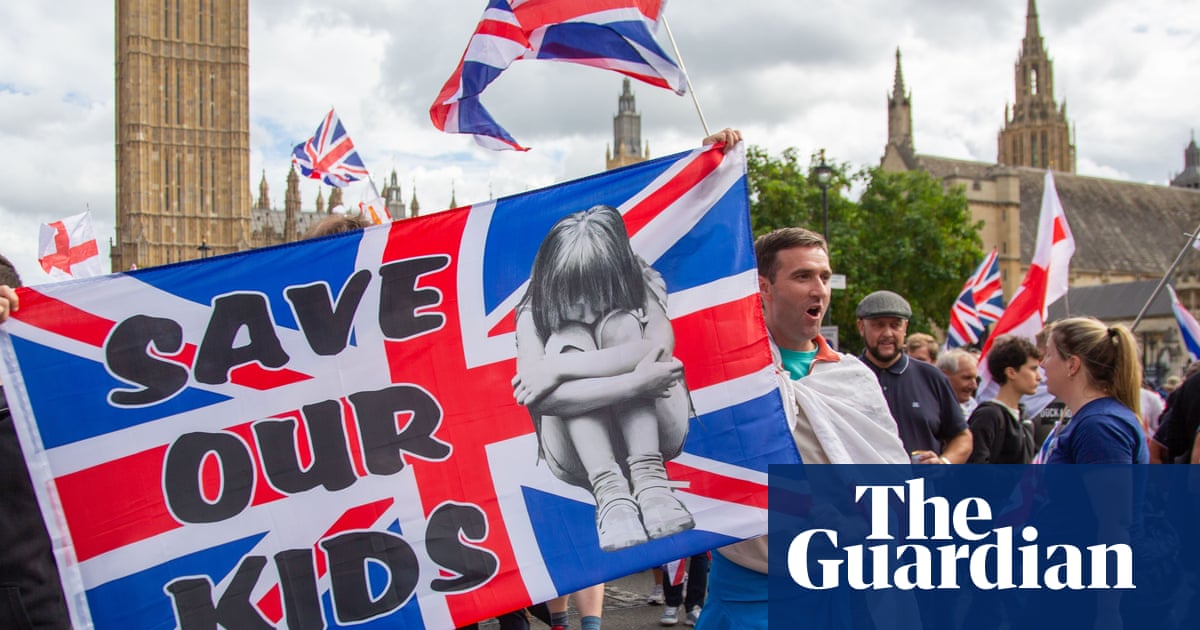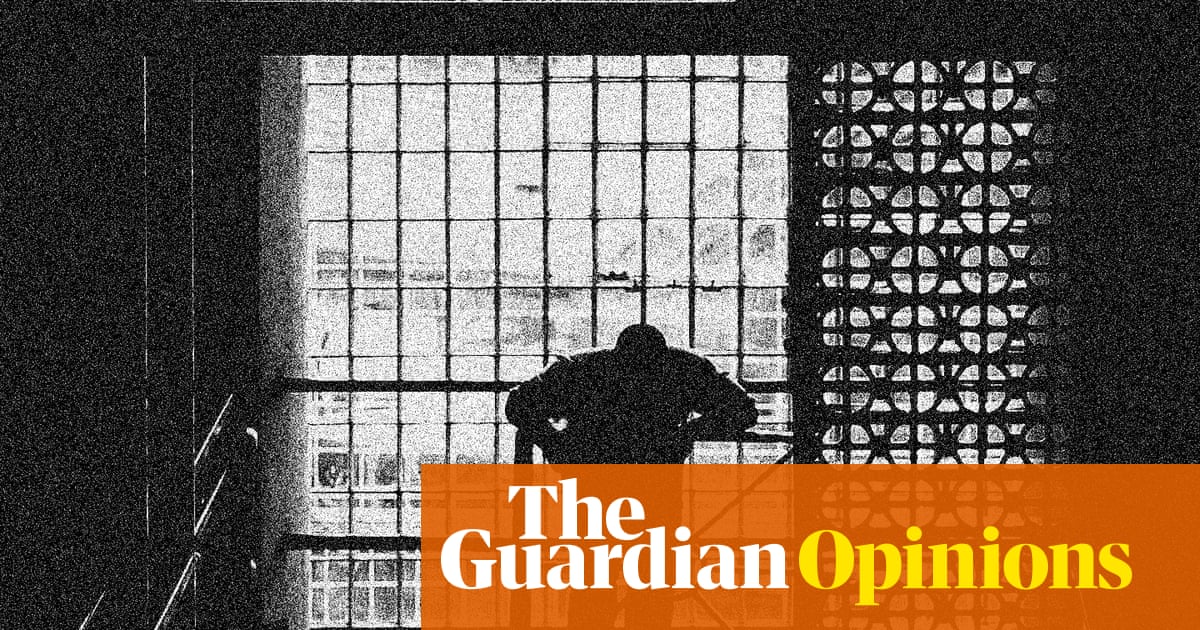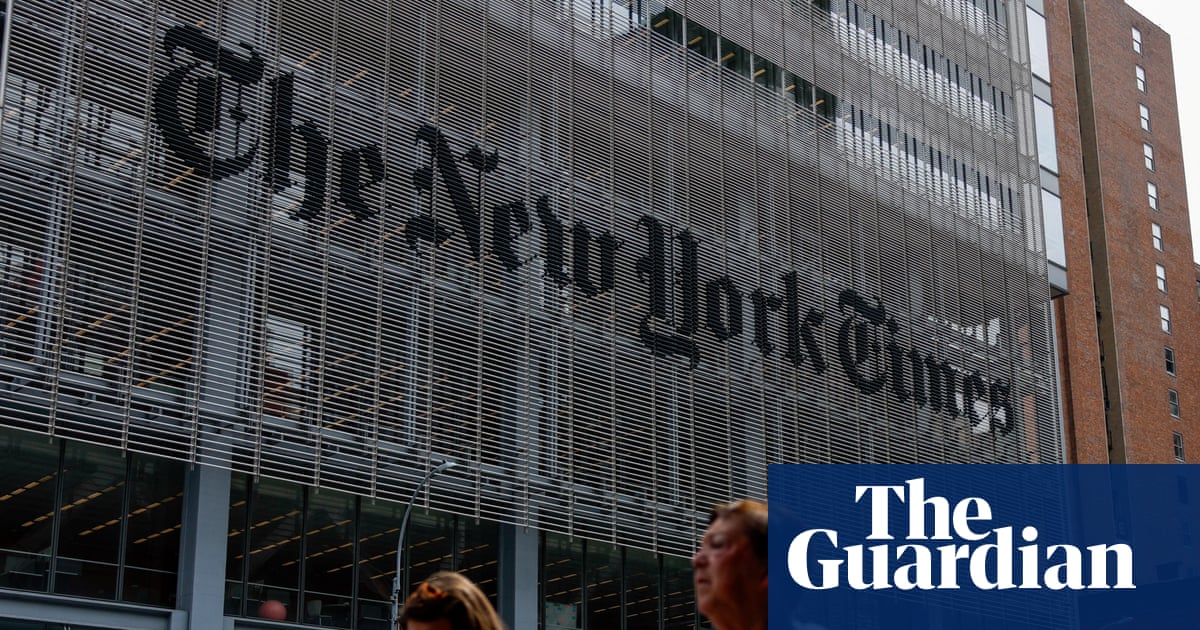The home secretary has said she will ban Palestine Action under anti-terrorism laws, ignoring a warning from the group’s solicitors that the proposal was “unlawful, dangerous and ill thought out”.
In a statement to parliament on Monday, three days after activists from the group broke into RAF Brize Norton, Yvette Cooper said a draft proscription order would be laid in parliament on 30 June. If passed, it would make it illegal to be a member of, or invite support for, Palestine Action.
The group, founded in 2020, says it aims to prevent the commission of genocide and war crimes in Palestine and to expose and target property and premises connected to such crimes against humanity.
Many of its activists have been acquitted by juries in the past and a letter from Kellys Solicitors, which represents several Palestine Action activists, sent to Cooper on Monday said the group “has gathered a significant level of public support”.
But in her statement, the home secretary said: “The disgraceful attack on Brize Norton in the early hours of the morning on Friday 20 June is the latest in a long history of unacceptable criminal damage committed by Palestine Action. The UK’s defence enterprise is vital to the nation’s national security and this government will not tolerate those that put that security at risk.”
Palestine Action called the proposed ban “unhinged” and accused Keir Starmer of “rank hypocrisy” given that he defended protesters who broke into RAF Fairford in 2003 to stop US bombers heading to Iraq.
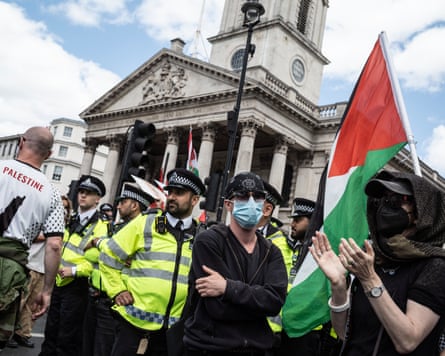
Describing its members as “teachers, nurses, students and parents”, it said: “This is an unhinged reaction to an action spraying paint in protest [at] the UK government arming Israel’s slaughter of the Palestinian people.
“The real crime here is not red paint being sprayed on these war planes, but the war crimes that have been enabled with those planes because of the UK government’s complicity in Israel’s genocide.”
It said Cooper’s statement repeated a series of categorically false claims made by pro-Israel groups and that its lawyers were pursuing all avenues for legal challenge.
The letter to Cooper from Kellys, shared exclusively with the Guardian, said there were no previous instances of direct action protest organisations being proscribed under the Terrorism Act 2000, despite several others having used comparable methods to Palestine Action, and that it was a “terrifying precedent” to place it alongside groups such as Islamic State, al-Qaida or National Action.
It said: “Whilst some actions of those associated with Palestine Action have involved damage to property, activists do not advocate or intend unlawful violence against the person. A significant number of actions associated with Palestine Action have used entirely conventional campaigning methods such as marches, rallies and demos. It is an authoritarian turn and an abuse of language to label them as a ‘terrorist’ organisation …
“The proposal to proscribe Palestine Action is wholly unprecedented and constitutes an unlawful, dangerous and ill-thought-out attack on freedom of expression and assembly.”
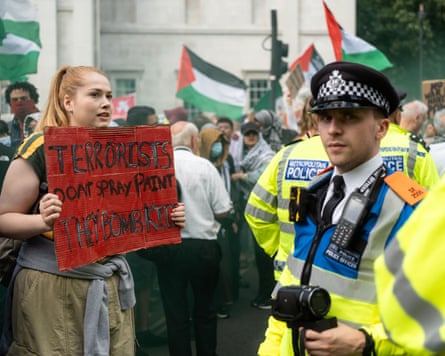
Amnesty International and Liberty also wrote a joint letter to Cooper before the announcement to express their concerns.
The former Labour leader Jeremy Corbyn called the government’s decision “as absurd as it is authoritarian”, adding: “It represents a draconian assault on democratic right to protest and is a disgraceful attempt to hide the real meaning of violence: the mass murder of Palestinians.”
The Labour peer and barrister John Hendy KC said: “This is an abuse of anti-terrorist legislation which was passed to apply to terrorist activities, not non-violent protest. There is a full armoury of criminal laws to deal with unlawful non-violent protest, as the PM knows better than most.”
The former justice secretary Charlie Falconer said on Sunday that the “sort of demonstration” at Brize Norton would not justify proscription, “so there must be something else that I don’t know about”.
The home secretary’s statement appeared to offer no new information about the group. Cooper said it had been deemed to meet the threshold for proscription “through a robust evidence-based process, by a wide range of experts from across government, the police and the security services”.
On Sunday night, the Metropolitan police placed public order restrictions on a planned solidarity demonstration for Palestine Action, so hundreds of supporters instead took to the streets surrounding Trafalgar Square in London on Monday afternoon.
The Met said three people had been arrested. “Officers entered the crowd to speak to three people but were surrounded by other protesters, some of whom used force to attempt to free those being detained. Two were arrested for obstruction. A third arrest was made earlier for a racially aggravated public order offence.”
As arrests were made, protesters chanted “Let them go” at lines of police. Those in attendance called the government decision “anti-democratic” and a shocking overreach.
Among those concerned was Nasiya, who has lived in London for 20 years. Born and raised in South Africa, she knew what apartheid looked like first-hand, she said, as she held a placard that said: “Remember when they called Nelson Mandela a terrorist.”
She said: “It breaks my heart to think that I fought for something growing up, to see a change in the world, and that change hasn’t really turned to fruition.”

 2 months ago
72
2 months ago
72
